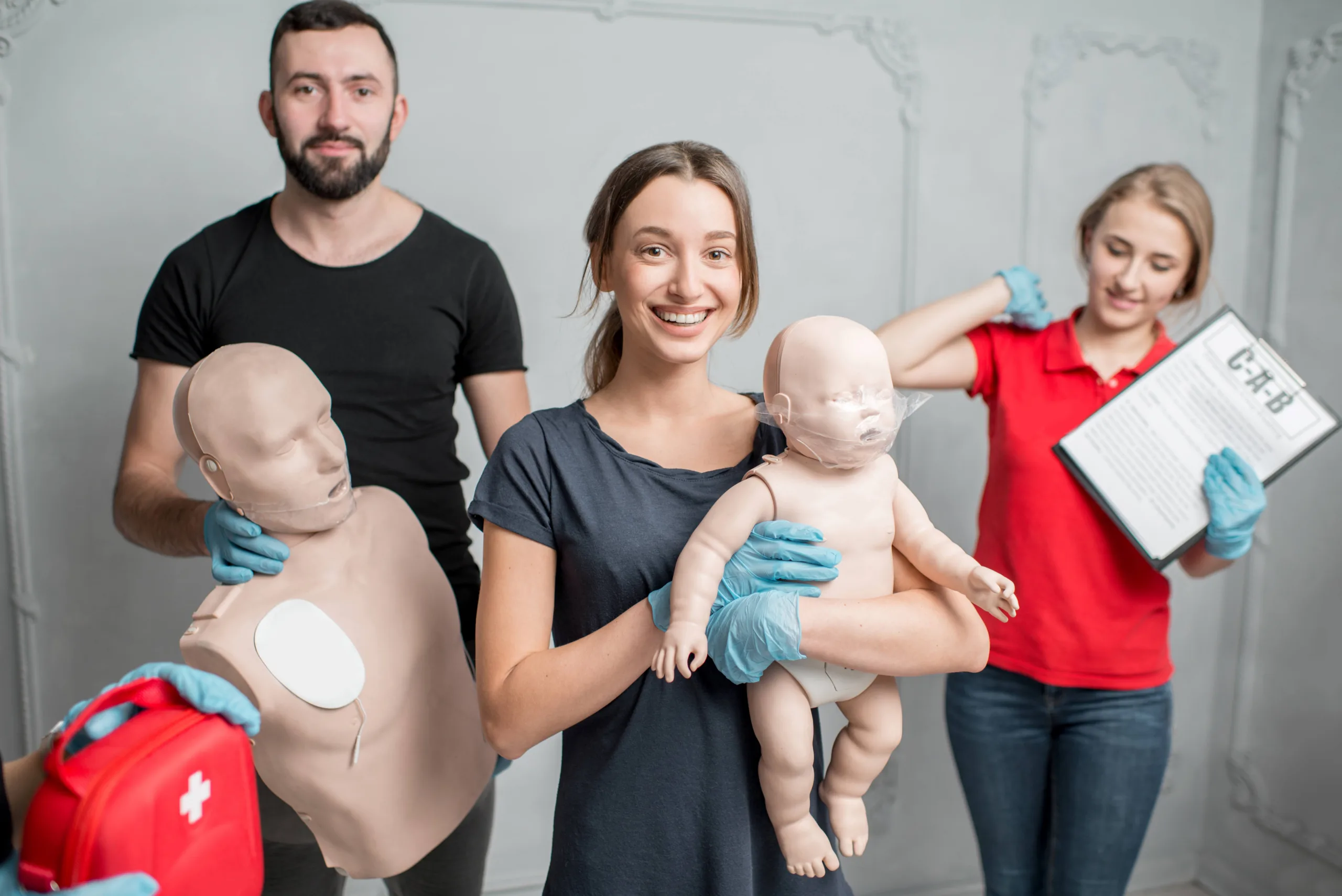
Understanding the Importance of Hiring Qualified Daycare Workers
Choosing the right daycare worker is a critical decision as they will greatly influence your child’s early formative years. These early experiences and interactions play a vital part in their cognitive and social development.The Role of Daycare Workers in Child Development
Daycare workers provide the safe and nurturing environment that children need to learn and grow. They are more than just supervisors; they play an active role in the child’s development by engaging them in stimulating activities that help develop their cognitive, motor, and social skills.
The Impact of High-Quality Daycare on Children
High-quality daycare gives children access to a safe, nurturing, and stimulating environment during their critical early years. Children who attend high-quality daycare show improved cognitive and social capabilities, which help them achieve success in their academic and personal-life milestones.
The Repercussions of Hiring Unqualified Daycare Staff
On the other hand, engaging unqualified daycare staff can have negative effects on your child’s overall growth. Often, these individuals might lack the necessary skills, knowledge, and temperament to effectively manage and instruct young children. This can lead to poor cognitive development, emotional trauma, and other well-being issues in children.
Legal Regulations and Requirements for Daycare Workers
Complying with legal regulations and requirements for daycare workers involves verifying their credentials and ensuring they meet all state and national standards.Licensing Requirements for Daycare Workers
Licensing typically includes passing state-regulated training and education programs. Before a person can work in a daycare, they must hold a valid state license, ensuring they have the competency to care for children.
Ratio Regulations for Childcare Providers
Ratio regulations stipulate the maximum number of children a single daycare worker can care for at a given time. Abiding by these ratios guarantees that each child receives adequate attention and care.
State and National Regulatory Requirements for Daycare Workers
Daycare providers must meet various state and national regulatory requirements, such as health and safety standards. These requirements ensure the worker’s knowledge of first-aid, disease prevention, diet and nutrition, and more.
Educational Requirements for Daycare Workers
Higher educational qualifications, especially in the field of early childhood education, enable daycare workers to understand and cater to a child’s developmental needs better.High School Diploma or Equivalent
Daycare workers are often required to have at least a high school diploma or equivalent. This ensures they have a baseline knowledge to assist in a child’s intellectual growth.
Degrees and Certifications in Early Childhood Education
Having a degree or certification in early childhood education is generally preferred when hiring daycare workers. It speaks volumes about their dedication to the profession and showcases their in-depth understanding of child development.
Continuing Education for Daycare Providers
Continuing education in the form of periodic workshops and refresher courses keeps daycare workers updated with the latest knowledge in child psychology, learning methods, and safety protocols.
Prerequisite Skills for Daycare Workers
Daycare workers must possess certain essential skills to handle children effectively, create a conducive learning environment, and deal with any challenges that may arise.Social and Communication Skills
One must have excellent social and communication skills to work effectively with children. This not only involves speaking clearly and effectively but also listening to and understanding the needs of the children.
Patience and Emotional Stability
Working with children demands a high level of patience and emotional stability. Individuals must remain composed and understanding, even in difficult or stressful situations.
Organizational and Problem-Solving Skills
Maintaining a structured routine for children and solving problems quickly and efficiently is crucial in a daycare environment.
Relevant Work Experience for Daycare Workers
Experience in dealing with children can significantly improve a daycare worker’s efficacy and ability to respond to various situations.Experience Working with Children
People with previous experience working with children often have a better understanding of children’s needs, are more comfortable in dealing with them, and can manage challenging situations better.
Demonstrable Knowledge of Child Development
Candidates should show a strong understanding of child development stages, as this knowledge is vital to fostering an environment that supports each child’s unique growth requirements.
Record of Positive Interactions with Children
Past records of positive interactions with children are also crucial. These instances signify the daycare worker’s potential to form meaningful relationships with the children in their care.

Health and Safety Training for Daycare Workers
Daycare workers must be well-versed in basic healthcare and safety procedures to safeguard the children in their care.First Aid and CPR Certification
All daycare workers should have valid First Aid and CPR certifications as these skills can be lifesavers during medical emergencies.
Knowledge of Child Safety and Health Procedures
Understanding child safety and health procedures is vital to avert accidents and contain disease outbreaks effectively.
Understanding of Handling Children’s Specific Health Needs
A qualified daycare worker should also have knowledge about addressing children’s specific health needs such as food allergies, chronic illnesses, and other medical conditions.
Background Checks and Screening for Daycare Workers
Thorough screening to investigate a candidate’s past and history is a key step in hiring daycare workers.FBI Background Checks
Federal background checks help uncover any criminal history, ensuring the worker does not pose any threat to the children.
State Child Abuse Registry and Criminal Registry Checks
These checks spotlight any incidents of child abuse or criminal activities at the state level.
Drug and Alcohol Screenings
Conducting drug and alcohol screening checks ensures that the daycare worker does not engage in any substance abuse, promoting a safe environment for the children.
Physical Ability Requirements for Daycare Workers
Daycare workers need to be physically active and capable as their job demands a considerable amount of movement and manual tasks.General Physical Fitness
Staying fit is vital to keep up with the energetic children and carry out various tasks throughout the day.
Ability to Lift and Carry Toddlers
The daycare worker frequently may need to lift and carry children, especially toddlers.
Ability to Engage in Physical Activities with Children
It also involves playing and engaging with the children in various physical activities, so stamina and energy are crucial.
Daycare Workers’ Adherence to Policies and Procedures
Daycare workers must understand and respect the specific policies and procedures of the daycare they work for.Commitment to Uphold Daycare Rules and Regulations
A steadfast commitment to uphold daycare rules and regulations is paramount. Not only does it portray professionalism, but it also ensures a structured and safe environment for the children.
Understanding of Privacy and Confidentiality Policies
Workers must understand the importance of privacy and confidentiality, not just of children, but also their families.
Willingness to Conform to Disciplinary Policies
Likewise, adhering to disciplinary policies is critical. Even mild discrepancies should be taken seriously.
Assessing the Interpersonal Skills of Daycare Workers
Assessing interpersonal skills in interviews allows employers to evaluate on-the-job behavior and the ability to relate to others.Ability to Work in a Team
The most effective daycare environments involve teamwork. Hence, the ability to work cohesively in a team is crucial.
Cultural Sensitivity and Inclusivity
In this diverse world, an understanding and acceptance of different cultures and practices are essential. The daycare worker must ensure an inclusive, respectful environment for all.
Interaction Skills with Parents and Families
Lastly, but just as importantly, daycare workers must have effective interaction skills with parents and families. Regularly scheduling meetings to discuss the child’s progress and daily activities keeps parents engaged and informed.
In conclusion, hiring the right daycare worker demands more than just checking qualifications. Even the soft skills and background checks are paramount, ensuring that your child receives quality care and a conducive learning environment.

